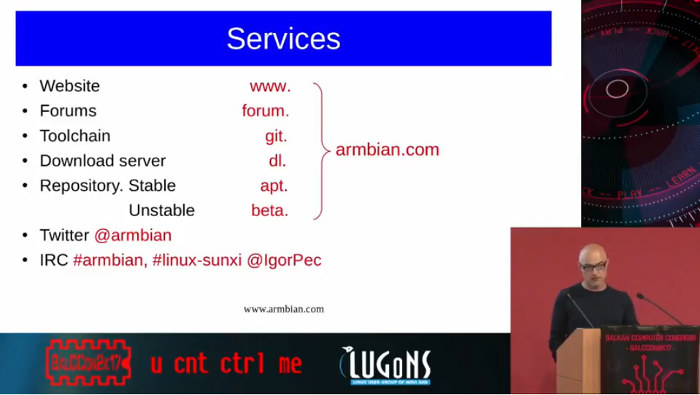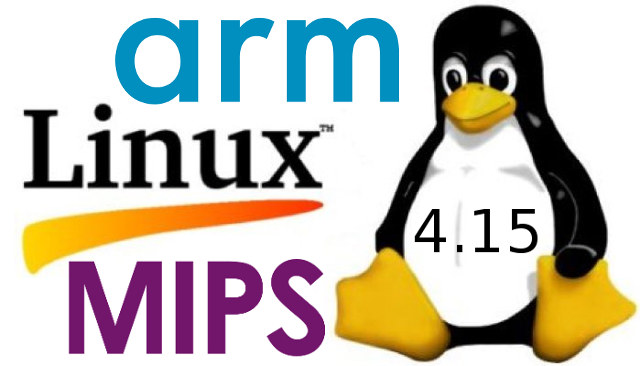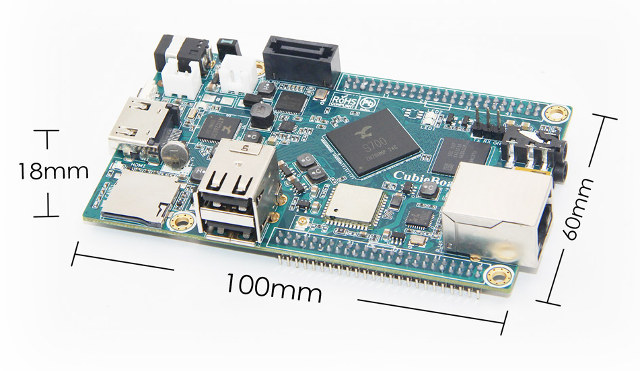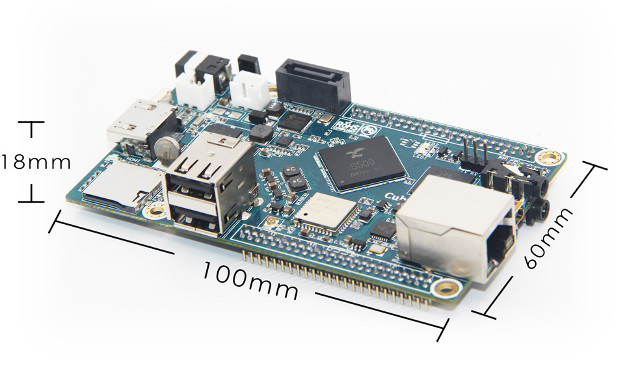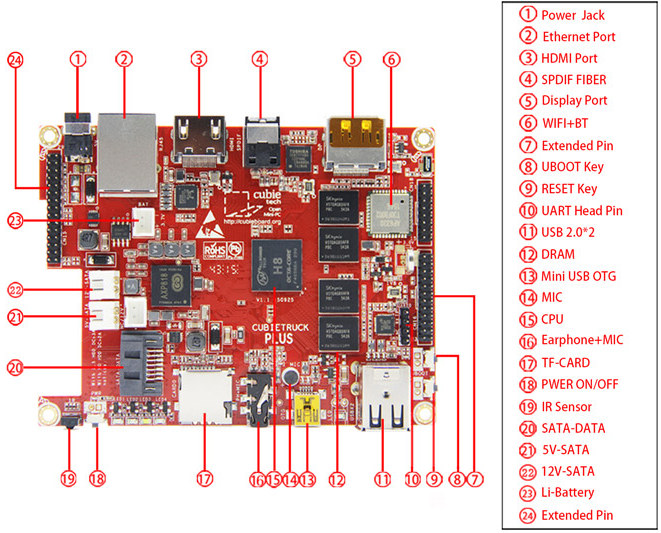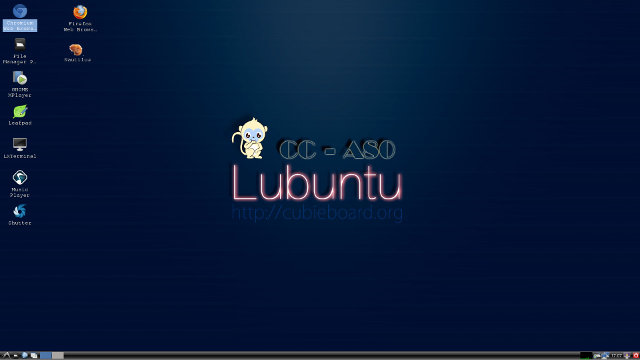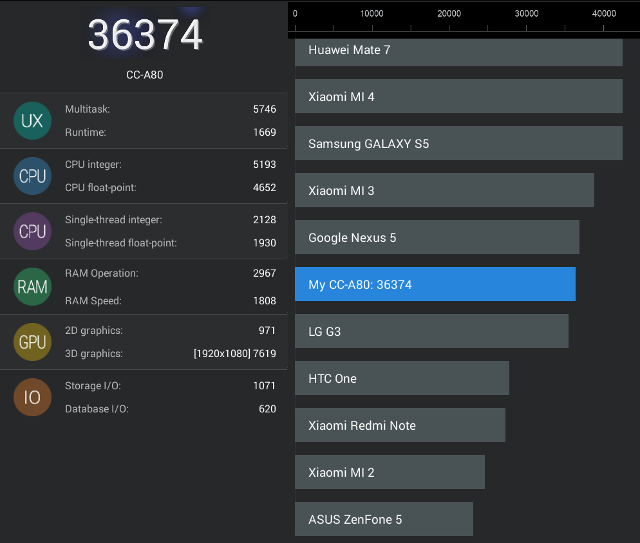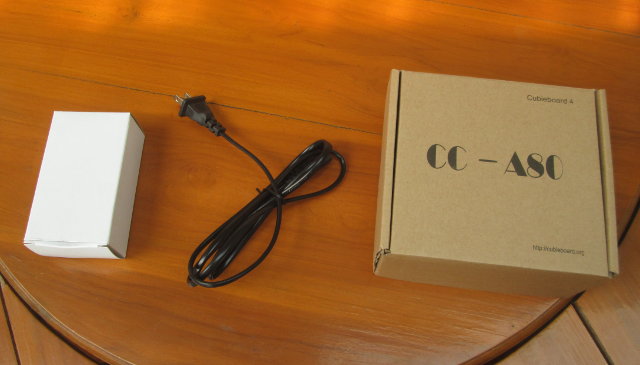Many of us rely on Armbian Debian and Ubuntu images for our cheap Arm development boards since they usually offer better support than vendor supplied firmware images. The community has just updated Armbian website, but the thing that caught my eye in the announcement was a link to a 45-minute presentation by Igor Pečovnik, working full-time on the project, that details the history about Armbian, and provides a relatively recent progress update as it was made at BalCCon – Balkan Computer Congress in November 2017. I’ve embedded the video further below, but first I’ll provide summary of the key point made during the presentation. It all started with Cubieboard (A20) as Igor was trying to fix some issues, and learn how to improve software support on the board. Several people joined his efforts on Cubieboard forums, and eventually Armbian website launched in mid 2014 running on the Cubieboard then ODROID-XU4 […]
Linux 4.15 Release – Main Changes, Arm and MIPS Architectures
Linus Torvald has released Linux 4.15 last Sunday: After a release cycle that was unusual in so many (bad) ways, this last week was really pleasant. Quiet and small, and no last-minute panics, just small fixes for various issues. I never got a feeling that I’d need to extend things by yet another week, and 4.15 looks fine to me. Half the changes in the last week were misc driver stuff (gpu, input, networking) with the other half being a mix of networking, core kernel and arch updates (mainly x86). But all of it is tiny. So at least we had one good week. This obviously was not a pleasant release cycle, with the whole meltdown/spectre thing coming in in the middle of the cycle and not really gelling with our normal release cycle. The extra two weeks were obviously mainly due to that whole timing issue. Also, it is […]
Cubieboard7 Board Powered by Actions Semi S700 Processor Becomes a Full-Featured Devkit with DVK522 Expansion Board
Cubieboard6 was announced earlier this year with the same form factor as Cubieboard2 – which was popular a few years ago – by replacing Allwinner A20 with Actions Semi S500 quad core ARM Cortex A9 processor. CubieTech is about to launch Cubieboard7 based on the same design, except for the processor upgrade to the pin-to-pin compatible Actions Semi S700 quad core ARM Cortex A53 processor. I’ve also found out Cubieboard2/6/7 can be connected to DVK522 expansion board to provide easier access more I/Os like LVDS, RGB LCD, VGA, and so on. Let’s start with the Cubieboard7 (CB7) preliminary specifications: SoC – Actions Semi S700 quad core ARM Cortex-A53 processor with Mali-450MP4 GPU System Memory – 2GB LPDDR3 Storage 8GB eMMC flash SATA 3.0 port for 2.5″ HDD/SSD implemented via USB 3.0 switch and JMicron JMS578 USB 3.0 to SATA controller. micro SD card slot up to 32GB Video Output – […]
CubieBoard6 Development Board Powered by Actions Semi S500 Processor Comes with SATA, LiPo Battery Support
CubieTech launched Cubieboard with Allwinner A10 processor in 2012, and while they may not be as popular as some other boards like Raspberry Pi, ODROID, or Orange Pi boards in 2017, the company is still around after around 5 years, and their latest board is Cubieboard6 powered by Action Semi S500 quad core Cortex A9 processor with 2GB RAM, 8GB flash, HDMI, wired & wireless connectivity, SATA, battery support and more. Cubieboard6 specifications: SoC – Actions Semi S500 quad core ARM Cortex-A9 processor with Imagination PowerVR SGX544 GPU System Memory – 2GB LPDDR3 Storage 8GB eMMC flash SATA 3.0 port for 2.5″ HDD/SSD up to 4TB micro SD card slot up to 32GB Video Output – HDMI 1.4b up to 1080p60 Audio I/O – Via HDMI output, 3.5mm audio output (HP) jack, 3.5mm audio input (MIC) jack Connectivity – 10/100M Ethernet, 802.11 b/g/n WiFi, Bluetooth 4.0 LE (AP6212) with u.FL […]
CubieTruck Plus Development Board with DisplayPort & HDMI Sells for $84 (in China)
We first found out about CubieTruck Plus (aka Cubieboard 5) this summer, and while at the time we did not have the full details, it was clear from the board picture and name, that is was an update to CubieTruck board, replacing Allwinner A20 dual core processor by Allwinner A8 octa-core processor, and ditching the VGA port for DisplayPort while keeping most of the same features of the original version. The company has now provided more details while announcing the launch of the board in China, and it turns out CubieTruck Plus has a few more advantages, and at least one drawback. CubieTruck CubieTruck Plus SoC Allwinner A20 Allwinner H8 CPU Dual core Cortex A7 up to 1.08 GHz Octa core Cortex A7 up to 2.0 GHz GPU Mali-400MP2 PowerVR SGX544 up to 700 MHz Memory 2GB DDR3 Power 5V@2.5V power jack Ethernet Gigabit Ethernet (RJ45) WiFi 802.11 b/g/n (2.4 […]
Cubieboard 4 Ubuntu Review – Setup, Usability, and Performance
Cubieboard4 is a development board powered by Allwinner A80 octa-core processor with 2GB RAM and 16GB eMMC. I’ve already shown how to get started with the board using the pre-installed Android 4.4 image, and run some benchmarks in Android, so now it’s time to check out the Ubuntu Linaro 14.04 image provided by CubieTech. I’ll show how to install and setup Ubuntu 14.04 on the board using a micro SD card, run desktop applications like Chromium, Libre Office, and son on on the board, and complete the review with some Linux benchmarks. Setting up Ubuntu on Cubieboard4 Firmware images for Cubiebord4 can be downloaded @ http://dl.cubieboard.org/model/cc-a80/Image/. Currently Android 4.4, Debian server, Ubuntu Linaro server, and Ubuntu Linaro desktop with LXDE desktop environment. That’s the latter I’ll use for the experiment, and two images are available: linaro-desktop-cb4-card-hdmi-v0.4.img.7z – Bootable image from micro SD card linaro-desktop-cb4-emmc-hdmi-v0.4.img.7z – Installation image to eMMC to […]
Cubieboard4 Benchmarks in Android
Last time I tried running benchmarks in an Allwinner A80 board (A80 OptimusBoard), it either rebooted during the benchmark, or had fairly disappointing results for example for USB storage. I documented my findings in a post entitled “Current Performance and Stability Issues on AllWinner A80 OptimusBoard Development Board” which was written in October 2014. But a few months have passed, and since Cubieboard4 is another hardware platform, so I was interested in running benchmarks including storage and networking performance testing on the new board to see if any progress was made. Cubieboard4 Android Benchmarks – Antutu, Vellamo, and 3DMarks Manufacturers can add the key ro.sys.hiritsu to build.prop in order to artificially inflate their Antutu scores with Allwinner A80 processor. So before running Antutu, I checked /system/build.prop in the firmware, and found out no trace of this variable, which can only be good for CubieTech reputation. CC-A80 board, the other name […]
Cubieboard4 (CC-A80) Unboxing and Getting Started Guide
A few samples of Cubieboard4 board may have been available in China in October 2014, but Cubietech only officially launched their Allwinner A80 development board about ten days ago, and you can buy it for $125 + shipping on sites like R0ck.me, Eleduino, Seeed Studio, and many other distributors. The company decided to send a sample for evaluation, and today I’ll start with a post showing some pictures of the kit, and explaining how to get started with assembly and first boot. Cubieboard 4 Pictures I received the board within two days after the company told me they would send a sample, as they used DHL. I also had to pay a bit of import tax and DHL’s handling fee. There should be CC-A80 box with the board and accessories, a white box for the power supply, and a power cord. There’s quite a few items to play with… The […]


